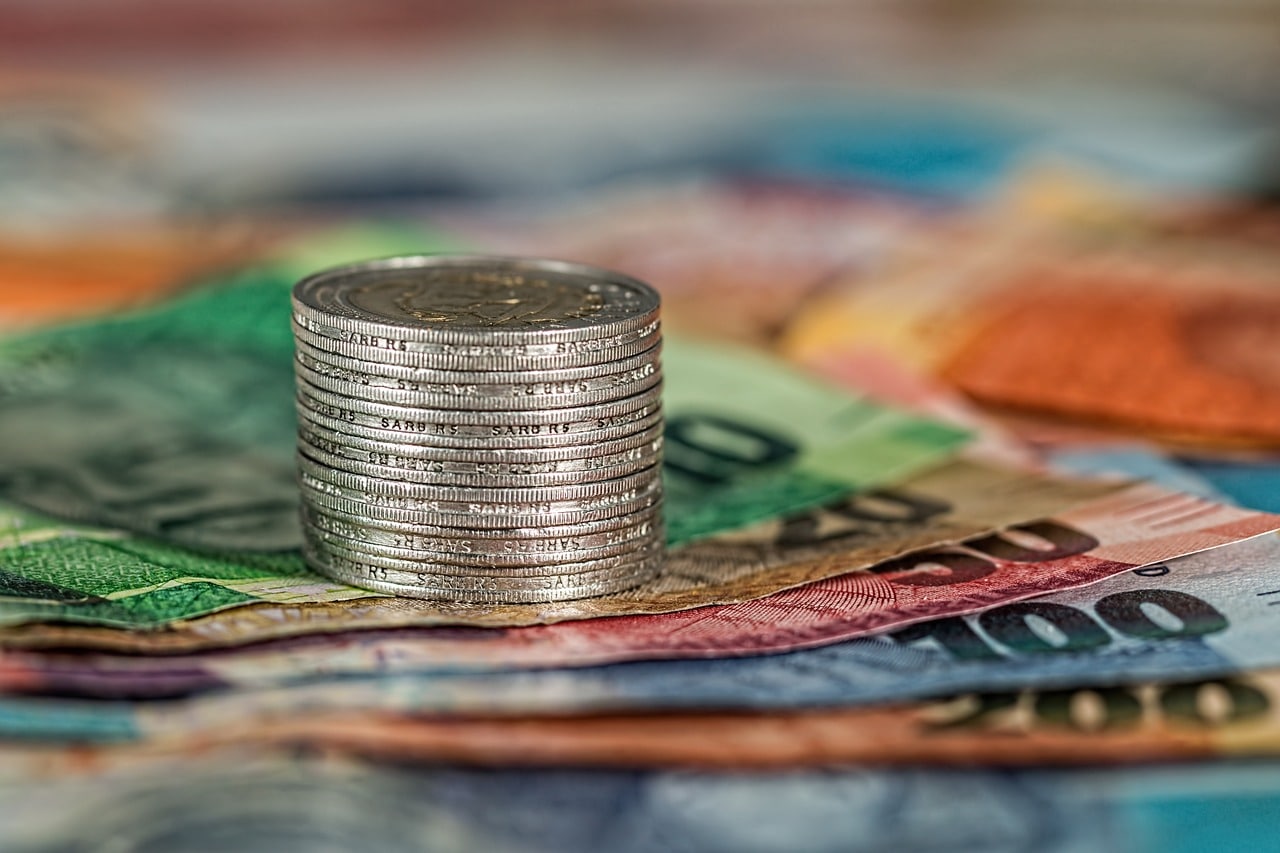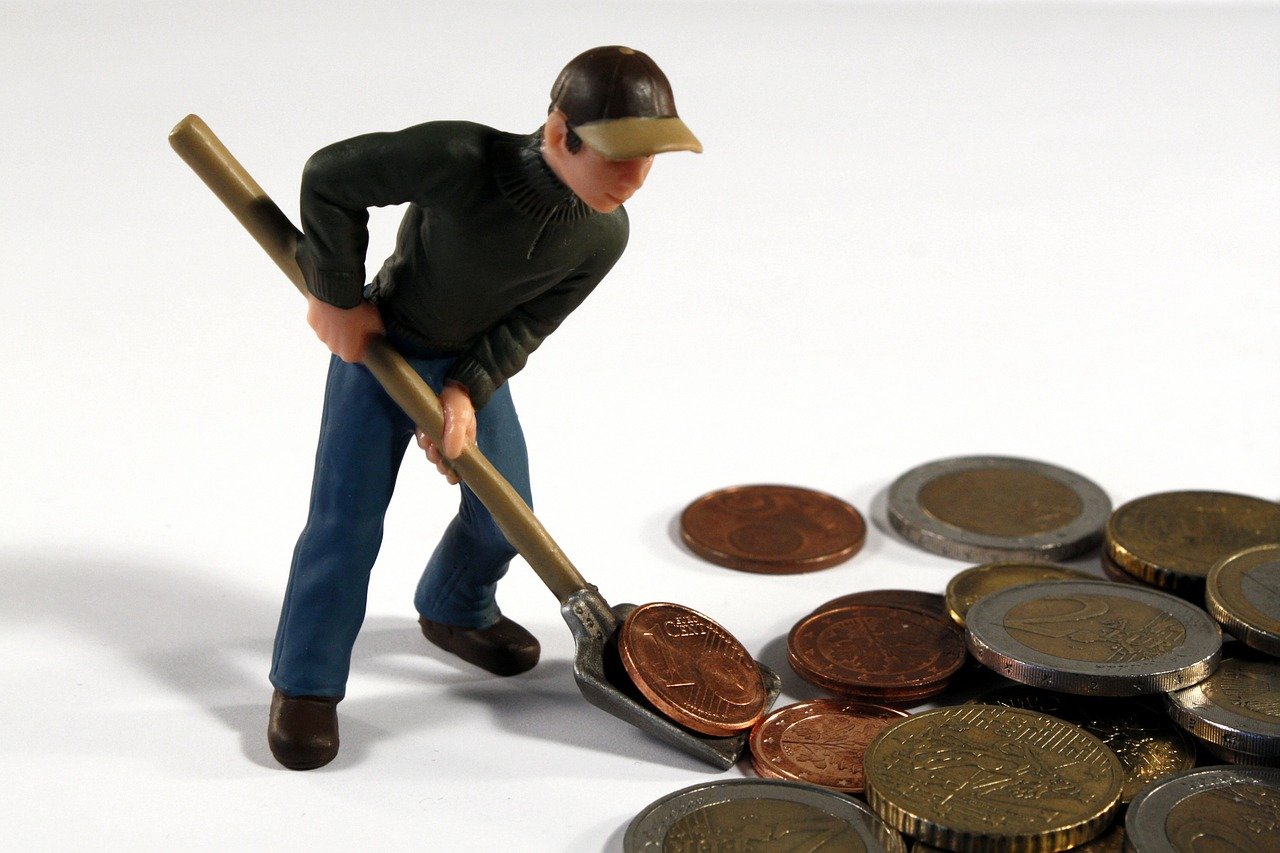
Economic liberalism defends the free market.
Economic liberalism is a theory of economics that integrates the doctrine known as liberalism . It is based on the defense of economic freedom and aims to minimize State intervention in the market .
Before moving forward with the specific definition of economic liberalism, it is important to analyze what liberalism is in its broadest sense. This concept includes, in addition to ideas about the economy , various social and political postulates.
At a general level, liberalism protects and promotes individual freedoms . It also seeks to limit state power and promotes equality before the law. Tolerance, in turn, is one of its most important values.
Origin of economic liberalism
The origin of economic liberalism is related to the theoretical work developed by the Scotsman Adam Smith in the 18th century . For Smith , human beings act naturally motivated by issues such as the habit of working, the sense of property, selfishness and the right to freedom : if people are allowed to develop their behavior freely, they will pursue their own benefit and, therefore, extension, will promote the common good .
According to Smith , man-made institutions are imperfect, unlike the order of nature. According to their perspective, allowing individuals to conduct themselves freely by virtue of their motivations makes it possible to achieve a natural balance. The Scottish economist and philosopher alluded to the existence of an “invisible hand” that leads subjects who pursue their individual well-being to promote the benefit of society. For other intellectuals, this “invisible hand” can be associated with the social consequences (in this case, positive) that an individual causes, involuntarily, when he pursues his interests.
Smith considered that there was only one economic system that allowed people to exercise their powers freely: capitalism . That is why economic liberalism involves, above all, a defense of the capitalist model.

For economic liberalism, the State should not intervene in the economy.
The book “The Wealth of Nations”
The book “The Wealth of Nations,” which Smith published in 1776 , is considered the foundational work of economic liberalism. Based on the study of the prosperity that nations such as the Netherlands and England demonstrated at that time, Smith proposed various theories that would explain this success.
The writer, in this framework, exposes his vision about the functioning of the market, the division of labor, the formation of prices and the origin of wealth, for example. It alludes to the existence of a “system of natural freedom” that is generated when people are given the freedom to pursue their own benefit, which ends up contributing to the common good.
Free trade, free competition and free enterprise are, according to Smith 's economic liberalism, the means that make the resolution of social problems possible. Its thesis is that the well-being of the community is achieved thanks to economic growth, which is stimulated by the free market (allowing the free play of supply and demand ) and the division of labor .
This division of labor, which leads the worker to not change his tools constantly and to specialize, helps save time and promotes an increase in productivity. The expansion of the market, for Smith , results in a deepening of this labor segmentation .
It is interesting to mention that “The Wealth of Nations” had a great influence on other authors and even rulers, especially on the British economic policy of those years.
Economic liberalism and laissez-faire capitalism
Economic liberalism is usually associated with the concept of laissez-faire , linked to “letting people do.” The physiocratic economist Vincent de Gournay was the one who developed the expression laissez faire, laissez passer (which can be translated as "let it happen, let it happen" ) to summarize his proposal to eliminate obstacles to commercial activity and industrial production.
Economic freedom encouraged by liberalism, therefore, implies a deregulation of activities. This means that authorities and state agencies should not intervene in the economy. For Smith , who took Gournay 's laissez-faire approach , the State is not a good administrator and that is why it is necessary to minimize its interference in economic affairs.

Neoliberalism is a current of economic liberalism that promotes privatization and deregulation.
Other theoretical contributions
Economic liberalism was built with other important theoretical contributions. It is common for the Englishmen David Ricardo and Thomas Malthus to be named as the most relevant thinkers of this doctrine along with Smith .
Ricardo started from the division of labor that Smith devised to refer to comparative advantage , key in international trade. For Ricardo , each country should opt for specialization in goods in which it had a comparatively greater advantage or a disadvantage that was also smaller in comparative terms. Thus, he rejected protectionism and invited the development of foreign trade under these terms as a way to increase national wealth.
Malthus , meanwhile, wrote about economic rent . He also expressed his concern about the population increase which, in his opinion, would cause a depletion of existing resources.
Economic liberalism and the Austrian School
Over time, economic liberalism was nourished by various schools of economic thought. One of them is the so-called Austrian School , which had exponents such as Ludwig von Mises and Friedrich Hayek .
For Mises , when the government intervenes in the economy, its natural functioning is distorted, harming society and producing, in the long term, chaos. Hayek , for his part, is responsible for the book “The Road to Serfdom,” where he maintains that government planning and regulation of the economy threatens human freedom and always leads to totalitarianism .
The influence of the University of Chicago
The influence of the University of Chicago ( United States ) on the economic liberalism of the 20th century is notorious. The so-called Chicago School that emerged from said house of studies, with references such as George Stigler and Milton Friedman , was characterized by its defense of the free market and its reflections on monetarism (which examines how money influences the progress of the economy).
A Friedman se lo señala como el padre del monetarismo moderno. Para este economista, por ejemplo, la inflation siempre es un fenómeno monetario. De acuerdo a su perspectiva, debe existir una legislación que ate los gastos fiscales a la inflación y al crecimiento de la población.
From economic liberalism to neoliberalism
Starting in the 1970s , economic liberalism began to be associated with the trend known as neoliberalism . This current, opposed to the Keynesianism that prevailed until that moment, promotes deregulation and privatization to limit the role of the State in the economy as much as possible.
Minimizing public spending is one of the central premises of neoliberalism, which defends the globalization process. It also raises the need for a tax reduction for the richest sectors to encourage investments in the immediate future and achieve a general benefit in the long term thanks to a spillover effect.
